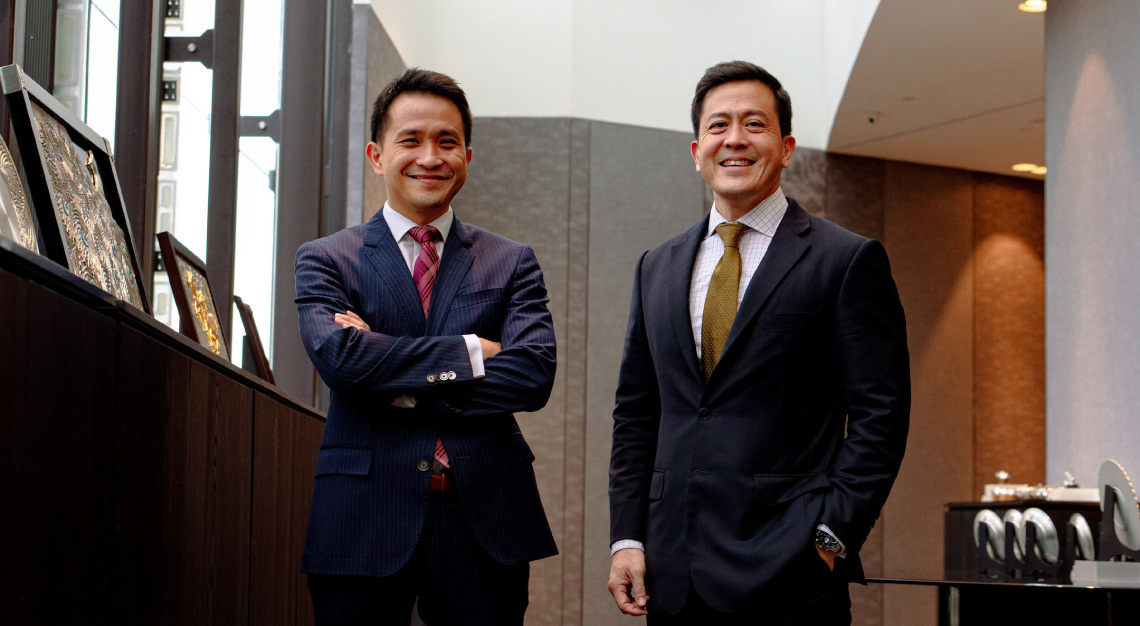It’s common for family businesses to include parents and siblings. But will it work the same way with cousins?
As children, cousins Chen Tien Yue and Yong Yoon Li spent many an after-school afternoon at the Royal Selangor headquarters in Setapak, Malaysia. This was, after all, where their parents worked – at the company their great-grandfather founded in 1885.
Decades later, 50-year-old Yong and 43-year-old Chen helm that company as managing director and executive director, respectively.
Their current positions were never a certainty. Unlike other family businesses – where the older generation is either hopeful that their children would want to take over or where it is assumed that they will – Royal Selangor has its own modus operandi.
Any family member who wishes to join the family business must first work outside the company. Even then, they need to be invited to be a part of it. In Yong’s case, he spent the first 10 or so years of his career in the automotive industry.
“We’re not really ‘allowed’ to join (the company)… so it doesn’t instil a sense of entitlement,” Yong says. “Of the 11 of us in my generation, my cousin and I are the only ones in the family business full-time.” The only other family member on the board is Yong’s father, Tan Sri Yong Poh Kon, serving as non-executive chairman.

After a stint at management consulting firm, McKinsey & Company, Chen joined Royal Selangor in 2003. “The management team was entirely non-family,” he recalls. “Family members were shareholders and on the board, but I think there was a very clear structure of succession planning and non-family members who would take on senior positions.”
There was no particular need nor desire on Chen’s part to join the business – it was just a matter of whether there was something he could contribute. Non-family members continue to play a key role. “I think we’re very fortunate to have a group of very strong managers. That really is the continuity of the business,” says Yong.
“We’ve seen a lot of family businesses struggle through succession,” he continues, noting that his family was particularly wary of the all-too-common pitfalls that can plague family businesses. To that end, they decided long ago to formalise the way in which they would interact with the company. The result was a family constitution, and a six-man council, elected every three years, that would hold sway over the decision-making.
“It’s very formal. But it’s good,” Yong says, explaining that it resolves issues in a very clear manner – and in fact, makes it easier for everyone, especially younger members, to have their say.
It is not, however, always about the business. The entire family – now numbering about 50, including spouses – regularly go on getaways together. “As a whole, the family is as close as extended families get,” Chen feels.
“It was quite nice to know that your family was doing something that people recognised and appreciated,” he remembers of growing up with the company around him. “And it’s a nice business. Our products are bought as gifts for happy occasions.”
This story first appeared in the May 2020 issue, which you may purchase as a hard or digital copy





